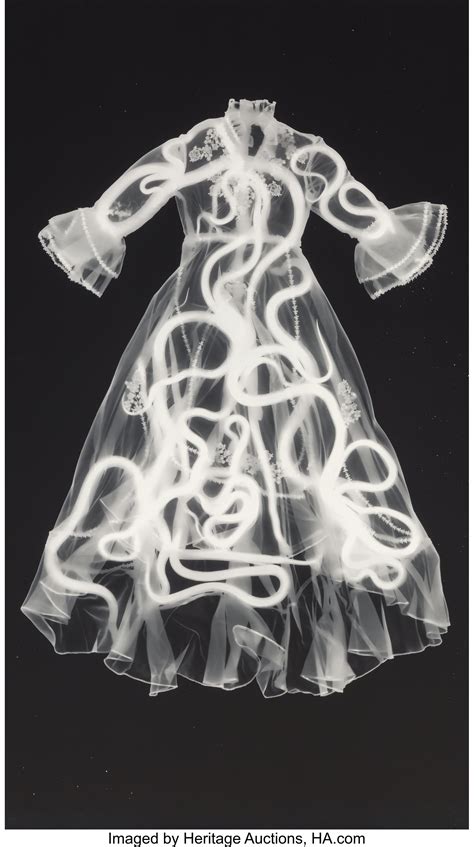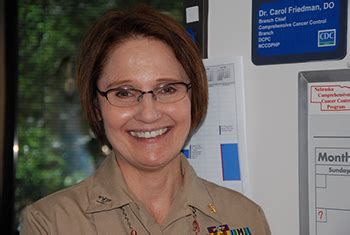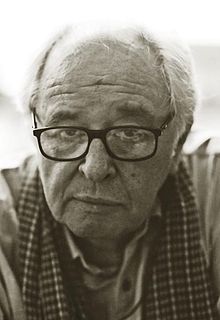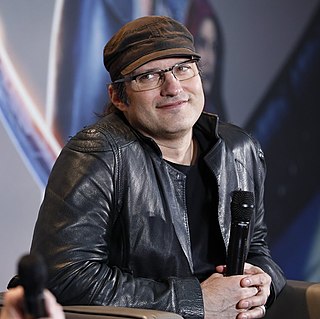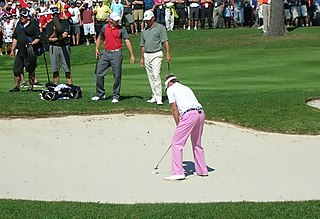A Quote by W. H. Auden
It's a pity I am so impatient and careless, as any ordinary person could learn all the techniques of photography in a week. It is the democratic art, i.e. technical skill is practically eliminated - the more foolproof cameras become with focusing and exposure gadgets the better - and artistic quality depends only on choice of subject.
Related Quotes
I was attracted to photography because it was technical, full of gadgets, and I was obsessed with science. But at some point around fifteen or sixteen, I had a sense that photography could provide a bridge from the world of science to the world of art, or image. Photography was a means of crossing into a new place I didn't know.
I find that when one has worked long enough, technical know-how becomes almost irrelevant. In photography, it's not difficult to reach a technical level where you don't need to think about the technique any more. I think there is far too much literature and far too much emphasis upon the techniques of photography. The make of camera and type of film we happen to use has little bearing on the results.
Up to and including the moment of exposure, the photographer is working in an undeniably subjective way. By his choice of technical approach, by the selection of the subject matterand by his decision as to the exact cinematic instant of exposure, he is blending the variables of interpretation into an emotional whole.
The traditional difficulty of balancing the mechanical with the imaginative schools of photography still operates. In schools of photography meaningful art education is often lacking and on the strength of their technical ability alone students, deprived of a richer artistic training, are sent forth inculcated with the belief that they are creative photographers and artists. It is yet a fact that today, as in the past, the most inspiring and provocative works in photography come as much (and probably more) from those who are in the first place artists.
I don't have any choice any more. I am in a choiceless awareness. I don't have to be aware. I am simply aware. Now it is just like my heartbeat or like my breathing. Even if I try not to be aware, it is not possible; the very effort will make me more aware. Awareness is not a quality, a characteristic; it is your whole being. When you become aware, there is no choice left to be otherwise.
Traditionally, photography has dealt with recording the world as it is found. Before photography appeared the fine artists of the time, the painters and sculptors, concerned themselves with rendering reality with as much likeness as their skill enabled. Photography, however, made artistic reality much more available, more quickly and on a much broader scale.
With photography, everything is in the eye and these days I feel young photographers are missing the point a bit. People always ask about cameras but it doesn't matter what camera you have. You can have the most modern camera in the world but if you don't have an eye, the camera is worthless. Young people know more about modern cameras and lighting than I do. When I started out in photography I didn't own an exposure meter - I couldn't , they didn't exist! I had to guess.
I kind of - you learn it, you master it, and then you make sure that it just disappears. You know, like if I could have invisible lights, I would, and invisible cameras. I'm just really trying to get at my subject and I respect the technical aspect, but it is not anything that I think about at this point.
I left film because I felt that photography was my art. It was something I could do on my own, whereas film was so collaborative. I thought as a photographer I could make something that was artistic and that was mine, and I liked that. And it wasn't until I got back into film and I have very small crews and I could do very tiny filmmaking that wasn't 100 people that I still felt that I was making something artistic as a filmmaker. So, you know, I'm an artist, and whether it's photography or film, I want my voice to be there and I think my voice is very strong in this film.

